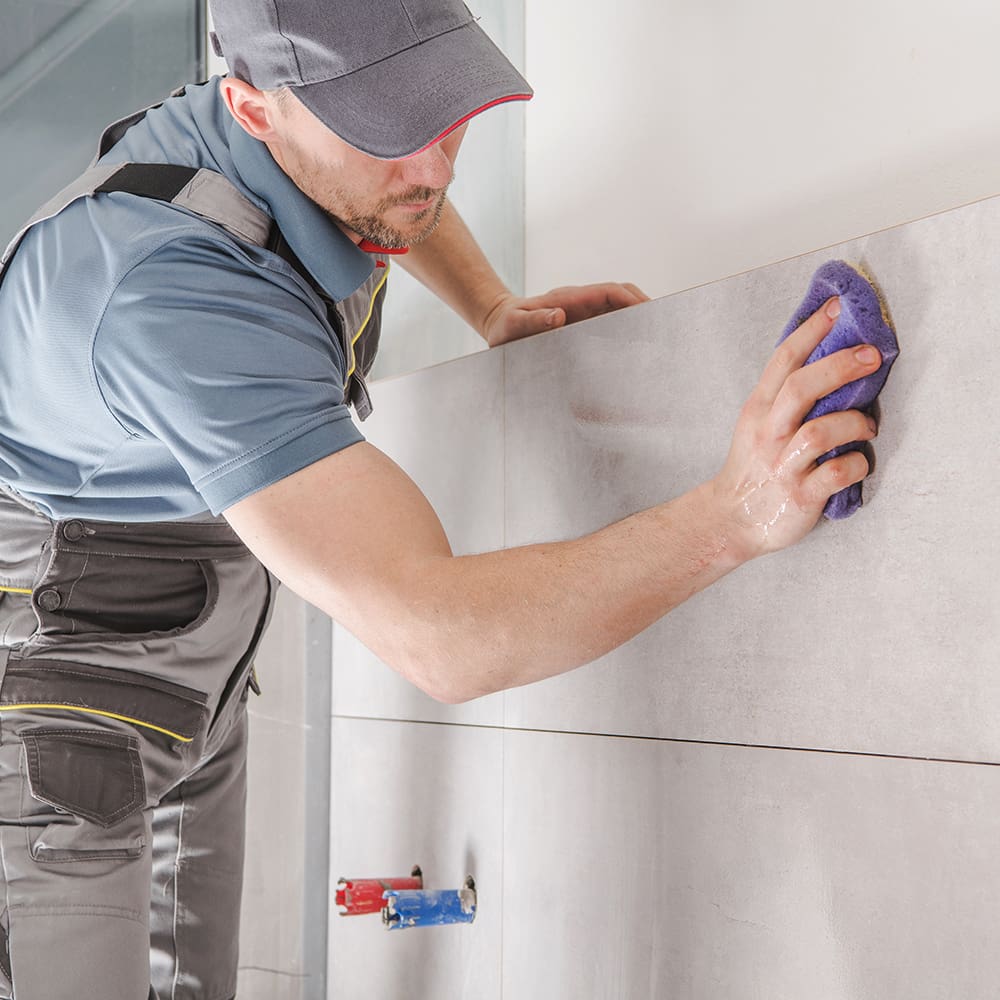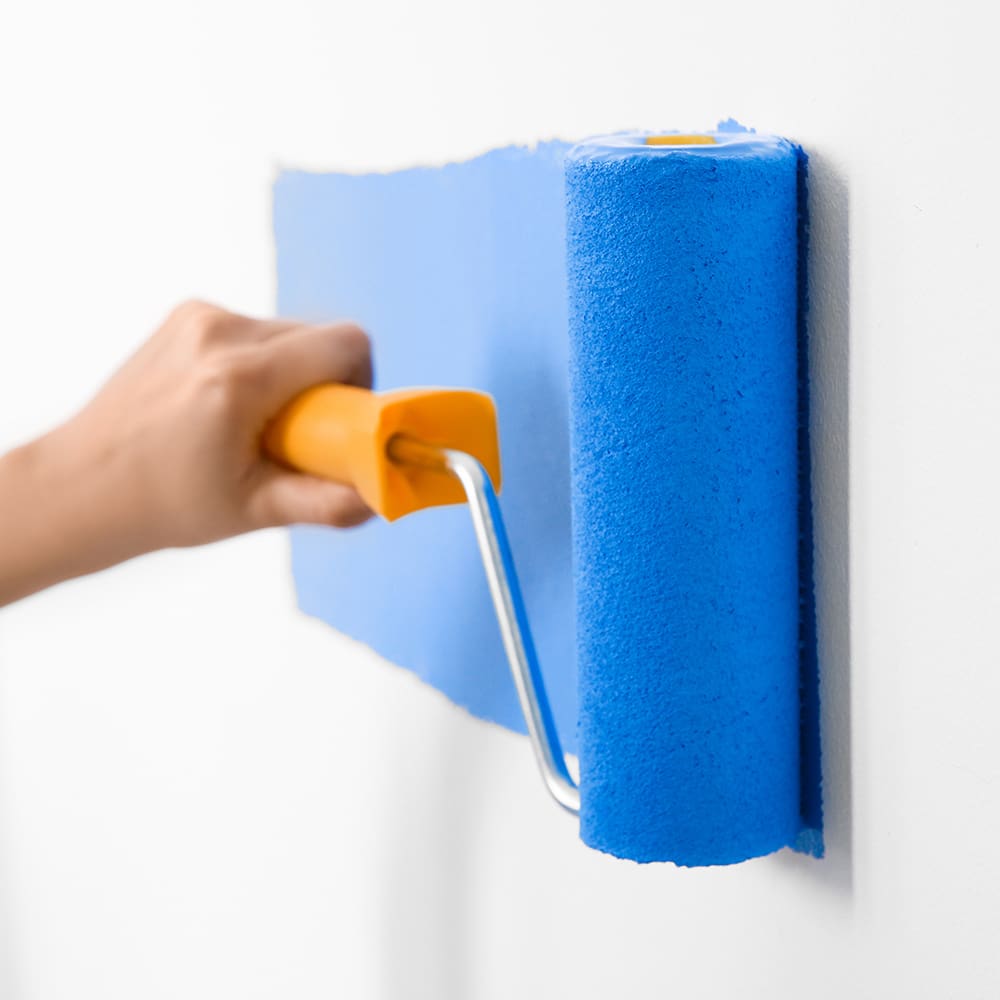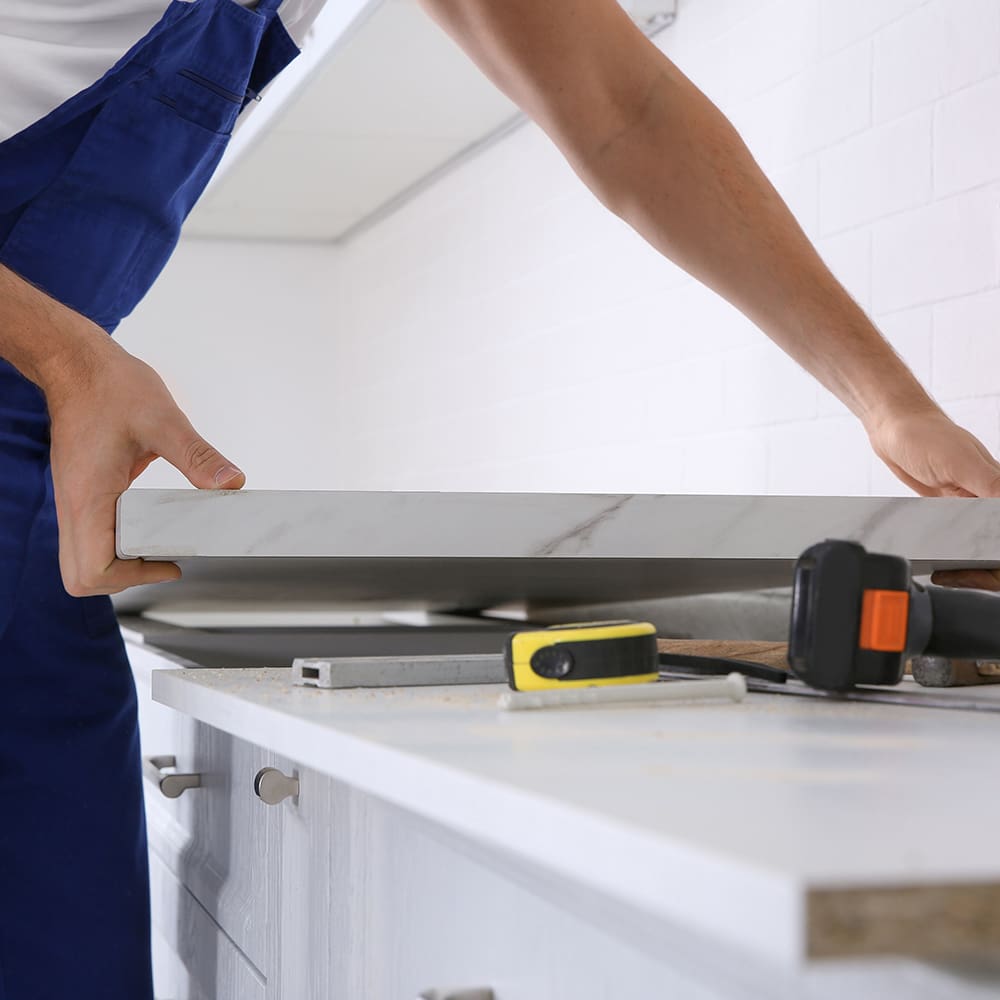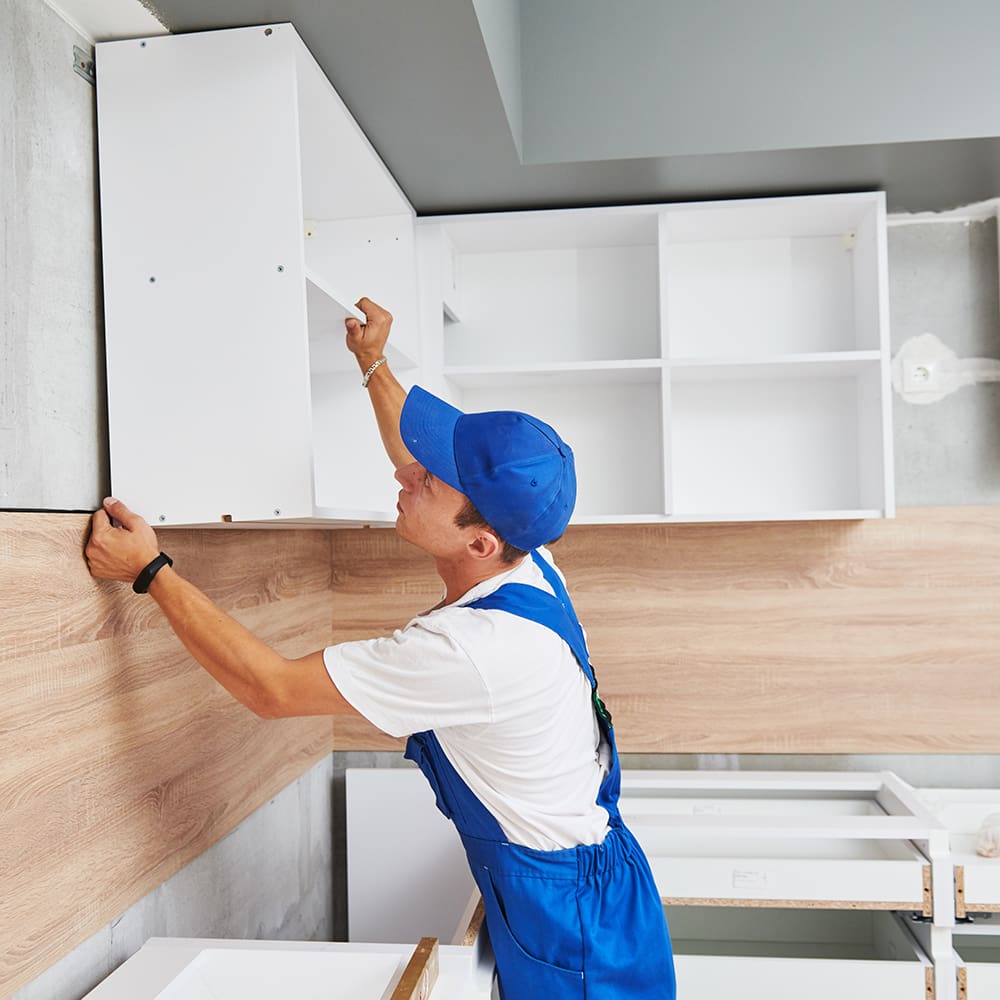How Much Does Home Siding Cost? A Guide for Homeowners

Are you considering updating your home's exterior but unsure about the costs involved? Home siding is a crucial aspect of your house's aesthetics and protection, but understanding the expenses can be daunting. In this post, we'll break down the various factors that influence home siding cost, helping you make an informed decision.
In this article
Are you considering updating your home’s exterior but unsure about the costs involved? Home siding is a crucial aspect of your house’s aesthetics and protection, but understanding the expenses can be daunting. In this post, we’ll break down the various factors that influence home siding cost, helping you make an informed decision.
Introduction to Home Siding Costs
Home siding not only improves the curb appeal of your property but also provides essential protection against the elements. However, the cost of home siding can vary widely based on several factors. This guide will give you a comprehensive look at the different types of siding materials, their costs, and what you can expect during the installation process.
Types of Siding Materials
Vinyl Siding
Vinyl siding is one of the most popular choices among homeowners due to its affordability and low maintenance. On average, you can expect to pay between $3 to $7 per square foot for vinyl siding, including installation. The total cost for an average-sized home can range from $5,000 to $14,000.
Wood Siding
Wood siding offers a classic and timeless look but comes at a higher price. The cost for wood siding can range from $6 to $12 per square foot. This means you could spend anywhere from $10,000 to $22,000 for an average-sized home. Keep in mind that wood siding requires regular maintenance to prevent issues like rot and insect damage.
Fiber Cement Siding
Fiber cement siding is a durable and versatile option, often mimicking the appearance of wood or stucco. This type of siding typically costs between $5 to $10 per square foot. For an average-sized home, you might spend between $8,000 and $20,000. Fiber cement is known for its longevity and resistance to fire and termites, making it a worthwhile investment.
Factors Influencing Siding Costs
Home Size and Layout
The size and layout of your home significantly impact the overall cost of siding. Larger homes require more materials and labor, increasing the total expense. Additionally, homes with complex architectural features may require more intricate installation work, further driving up costs.
Labor Costs
Labor costs can vary depending on your location and the complexity of the installation. In some areas, labor rates are higher due to the cost of living or demand for skilled workers. It’s essential to get multiple quotes from reputable contractors to ensure you’re getting a fair price.
Preparation and Removal
Before new siding can be installed, the old siding must be removed, and the wall surface prepared. This process can add to the overall cost, especially if there’s damage that needs to be repaired. On average, removal and preparation can cost between $1,000 and $3,000.
Additional Costs to Consider
Insulation
Adding insulation to your siding project can improve your home’s energy efficiency and reduce utility bills. The cost for insulation varies, but you can expect to pay an additional $1 to $3 per square foot.
Paint and Finishing
If you choose a siding material that requires painting or finishing, this will add to the overall cost. Painting or staining wood siding, for instance, can cost between $2,000 and $5,000, depending on the size of your home.
Permits and Inspections
Some areas require permits and inspections for siding installation. Permit fees can range from $100 to $500, and inspections may add another $100 to $300 to the total cost.
Cost Comparison of Different Siding Materials
Understanding the cost differences between various siding materials can help you make an informed decision.
- Vinyl Siding: $5,000 – $14,000
- Wood Siding: $10,000 – $22,000
- Fiber Cement Siding: $8,000 – $20,000
Consider both the initial cost and long-term maintenance needs when choosing the best siding for your home.
DIY vs. Professional Installation
DIY Installation
While tackling a siding project yourself can save on labor costs, it’s essential to have the right skills and tools. Improper installation can lead to costly repairs down the line. If you’re confident in your abilities, DIY installation might cost around $3 to $6 per square foot.
Professional Installation
Hiring a professional ensures the job is done correctly and efficiently. Professionals have the experience to handle any issues that arise during installation. While professional installation increases the overall cost, it provides peace of mind and a high-quality finish.
Warranties and Guarantees
When investing in new siding, it’s crucial to consider warranties and guarantees. Many manufacturers offer warranties on their siding materials, ranging from 20 years to a lifetime. Additionally, reputable contractors often provide workmanship guarantees, ensuring any installation issues are promptly addressed.
Financing Options for Home Siding
Home Equity Loans
Using a home equity loan is a common way to finance siding projects. These loans typically offer lower interest rates and longer repayment terms, making them an attractive option for homeowners.
Personal Loans
Personal loans are another financing option, though they often come with higher interest rates. However, they don’t require using your home as collateral, which may be preferable for some homeowners.
Contractor Financing
Many siding contractors offer financing options through partnerships with financial institutions. These plans can provide flexible payment terms and competitive interest rates, making it easier to manage the cost of your siding project.
Tips for Saving on Siding Costs
Get Multiple Quotes
Obtaining multiple quotes from different contractors can help you find the best price for your siding project. Be sure to compare not only the cost but also the scope of work and any additional services offered.
Off-Season Discounts
Some contractors offer discounts during the off-season when demand for siding installation is lower. Scheduling your project during these times can result in significant savings.
Bulk Purchase Discounts
If you’re part of a homeowners’ association or have neighbors also looking to install new siding, consider purchasing materials in bulk. This can lead to discounts from suppliers and lower overall costs.
Conclusion
Investing in new home siding is a significant decision that can enhance your property’s curb appeal and protection. By understanding the various costs involved and considering factors like material choice, labor, and additional expenses, you can make an informed decision that fits your budget and needs.




